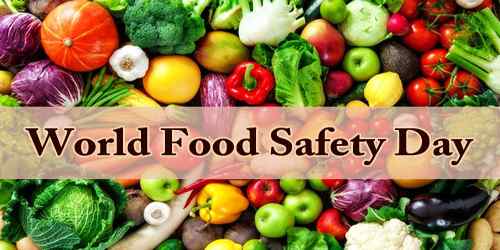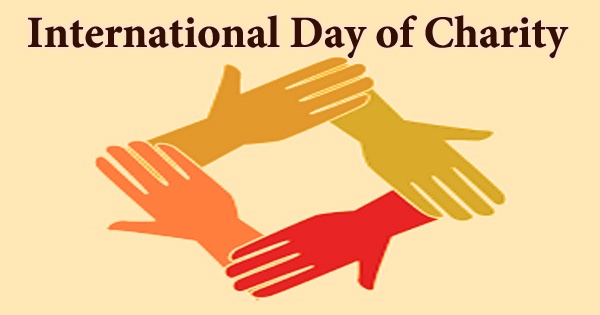Food safety is a shared responsibility between governments, producers, and consumers. Everybody has a role to play from farm to table to ensure the food we consume is safe and will not cause damages to our health. Food safety has a critical role in assuring that food stays safe at every stage of the food chain from production to harvest, processing, storage, distribution, all the way to preparation and consumption. Every year nearly 600 million people fall sick and 420,000 die globally because they consume food contaminated with bacteria, viruses, parasites, toxins, or chemicals. The WHO South-East Asia Region is particularly affected, accounting for around 150 million illnesses and 175,000 deaths, costing nations an estimated $95 billion in lost productivity. World Food Safety Day is June 7, and the United Nations (UN) has declared this day to draw global attention to the health consequences of contaminated food and water. This day was first celebrated in 2019. Through the World Food Safety Day, the World Health Organization (WHO) pursues its efforts to mainstream food safety in the public agenda and reduce the burden of food-borne diseases globally.
Food is the starting point for our energy, our health, and our well-being. We often take for granted that it is safe, but in an increasingly complex and interconnected world where food value chains are growing longer, standards and regulations are that much more important in keeping us safe. Following the success of the first celebration in 2019, this year again WFSD reinforces the call to strengthen the commitment to scale up food safety made by the Addis Ababa Conference and the Geneva Forum in 2019 under the umbrella of “The Future of Food Safety”. WHO, in collaboration with the Food and Agriculture Organization of the United Nations (FAO) is pleased to facilitate Member States’ efforts to celebrate the World Food Safety Day. Under the theme “Food safety, everyone’s business”, the action-oriented campaign will promote global food safety awareness and call upon countries and decision-makers, the private sector, civil society, UN organizations, and the general public to take action. Complying with Global food standards, establishing effective regulatory food control systems including emergency preparedness and response, providing access to clean water, applying good agriculture practices (terrestrial, aquatic, livestock, horticulture), strengthening the use of food safety management systems by food business operators, and building capacities of consumers to make healthy food choices are some ways in which governments, international organizations, scientists, the private sector and civil society work to ensure food safety.
















